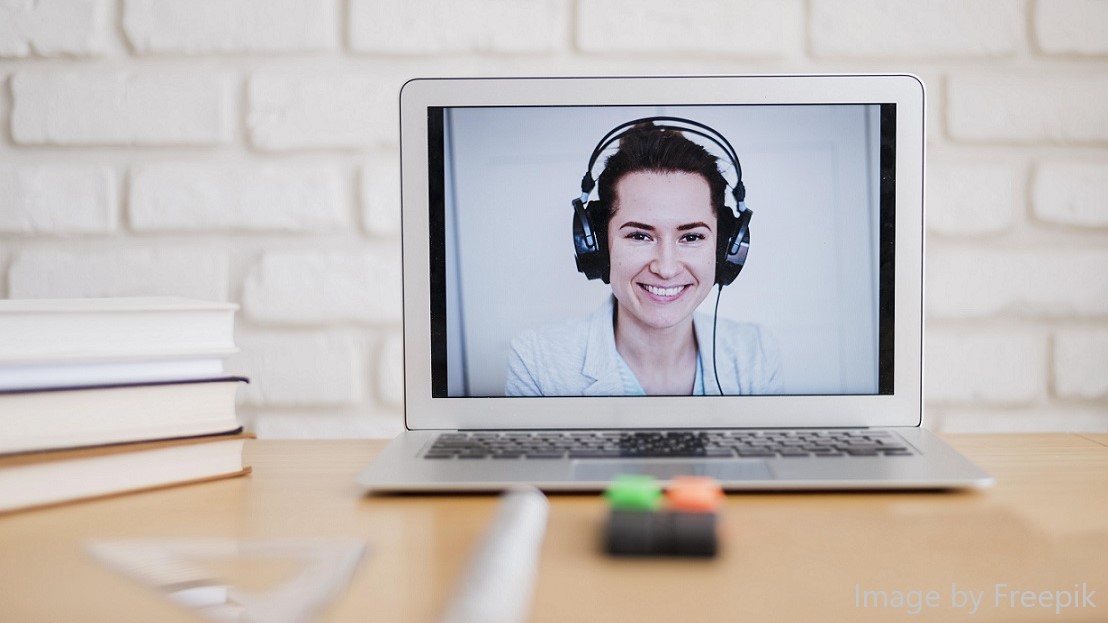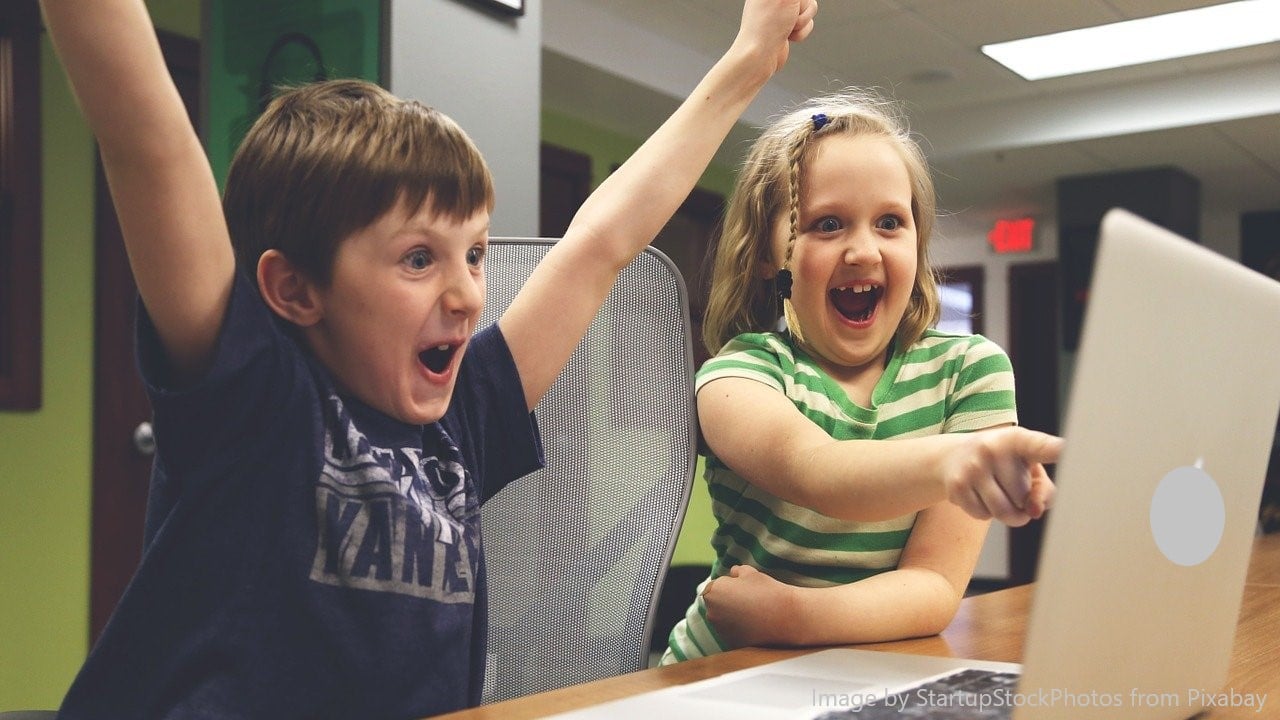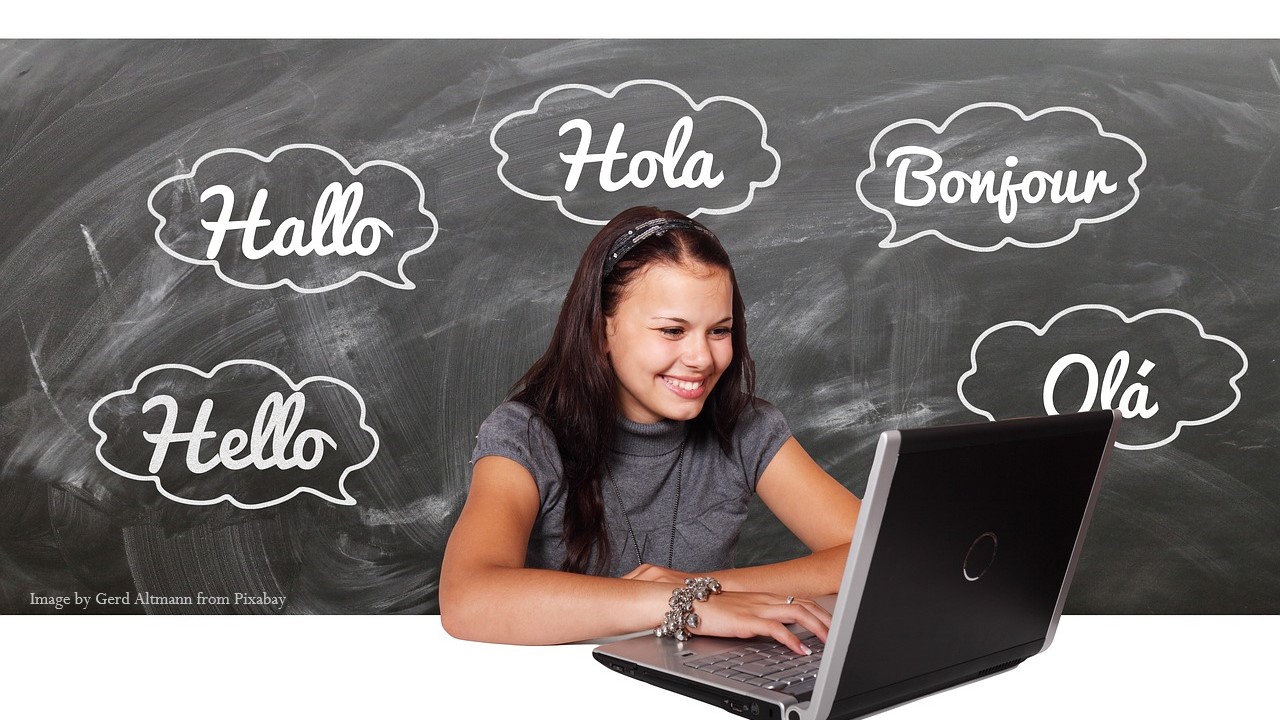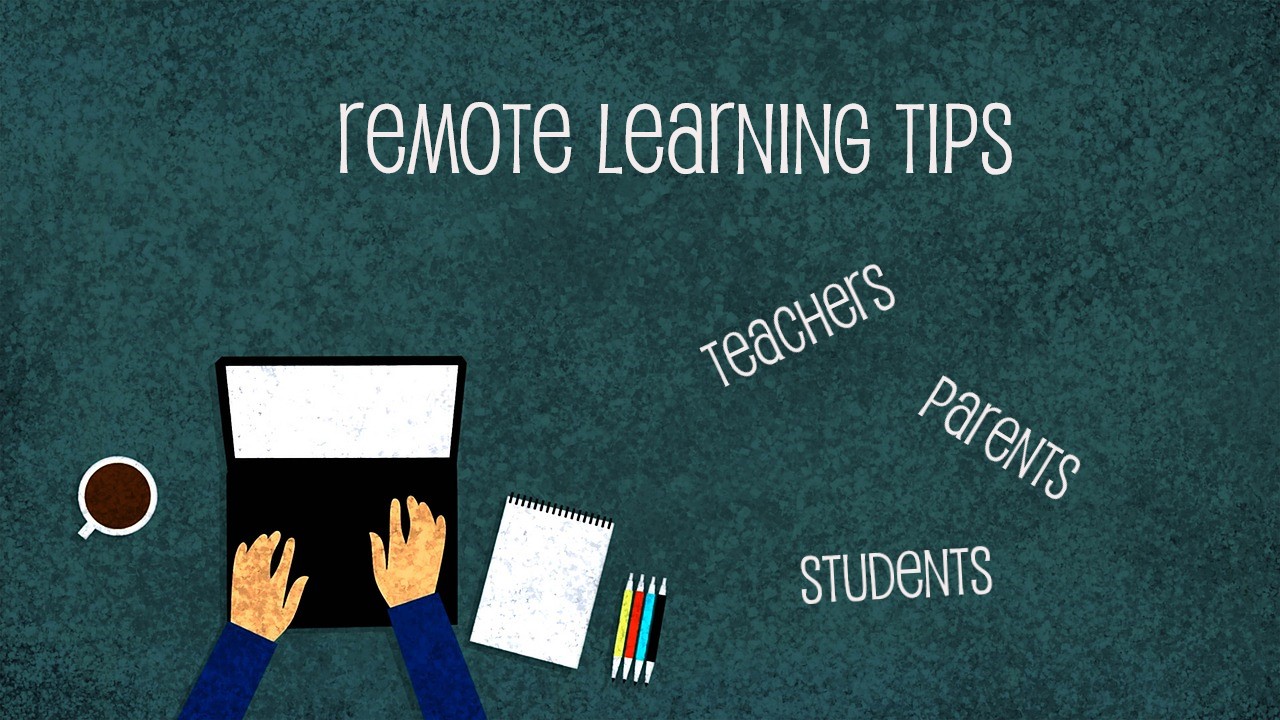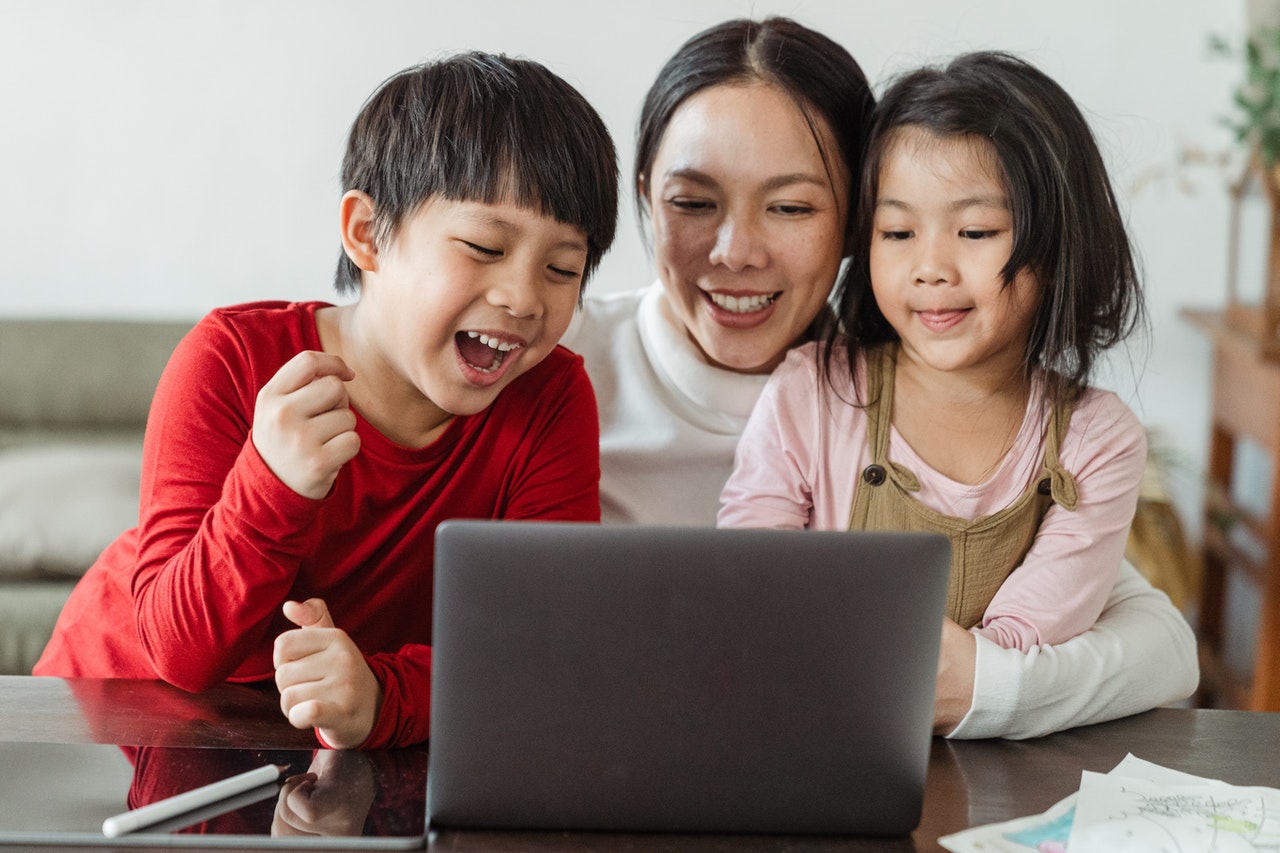Coming into this new school year has been a mixed bag of emotions for everyone: anxiety, disappointment, frustration, excitement, sadness. Because many schools are starting the year with remote learning, add stress and hopelessness to the list especially for those juggling more than one child in school, work responsibilities, and maintaining some semblance of balance at home. There are quite a few social media posts of children trying hard to be excited for learning online but struggling (haven’t we all seen the little boy lying across his chair out of view of his teacher during a virtual session?!). Understandably, this leads to concerns of substantial learning loss for our students.
Topics: Student Engagement, distance learning, student learning, remote learning
When I was in first grade – back when teachers used chalkboards and ditto machines – playing a game in class was the BEST! In SoCal, it was unusual to have rainy days but when it happened our teacher would have us play Heads-Up, Seven Up during indoor recess. I can remember hoping someone would put my thumb down so that I could guess the mystery person at the end of the round. We would play this game the entire time and groan aloud when recess was over. Playing that game was a welcome break from the months of circle time lessons and worksheets. Did I learn anything from playing Heads-Up? I didn’t think so at the time but looking back with my “teacher eye," there was communication, engagement, and reasoning involved. Of course, I doubt learning those skills was intentional but it taught me two important things when I stepped into my teacher shoes: 1) children will remember the experience of a fun and engaging game, and 2) children can learn concepts and skills, solve problems, think critically, collaborate, follow rules, communicate thinking, etc. while playing a game!
Topics: Games, distance learning, distance teaching, virtual classroom, remote learning, Game-based Learning
Strategies for Supporting Your ELLs While Remote Learning
“I think I have learned that the best way to lift one’s self up is to help someone else.” – Booker T. Washington
Topics: tips for teachers, ELL, distance learning, distance teaching, English Language Learners, remote learning
Whatever our opinions are on in-class vs remote learning, the unpredictability of coronavirus has necessitated that many districts opt for the latter to ensure the safety of teachers, school staff, and students. That being the case, the following are helpful tips for teachers, parents, and students.
Topics: tips for teachers, Parent resources, distance learning, distance teaching, online learning, student learning, remote learning
Not to state the obvious, but education is in a time of dynamic change. This change will affect not just this school year, but long into the future of what education may be for our children and grandchildren. It is important, then, to rethink how administrators, teachers, and parents/guardians prepare for each school year so that students can still meet, or exceed, learning goals and objectives. Beyond what can be seen on paper, education also supports a child’s need to experience, explore, and apply learning to real-life now and in the future. To do this successfully, teachers who are now dealing with a virtual classroom environment must adjust their teaching practices. Why? Because remote learning requires specific skills such as conducting classes using video conferencing, sharing content in different ways, and providing feedback on student assignments and projects.
Topics: Professional Development for Teachers, teacher training, remote learning, teacher PD
With COVID-19 cases on the rise in many states, a number of districts are opting for total remote learning for the fall (for specific districts, click the link Education Week School Districts’ Reopening Plans). What does this mean for parents who have young ones starting school for the first time? If the anxiety about starting school in person during a worldwide pandemic wasn’t enough, the prospect of starting totally online can be overwhelming. Often, parents see entering school (PreK – K levels) as an opportunity for their children to learn social skills, understand rules and routines, and set a foundation of basic skills that will prepare them for the next 12 years of learning.
Topics: Getting Parents Involved, distance learning, distance teaching, blended learning, virtual classroom, remote learning, hybrid learning

